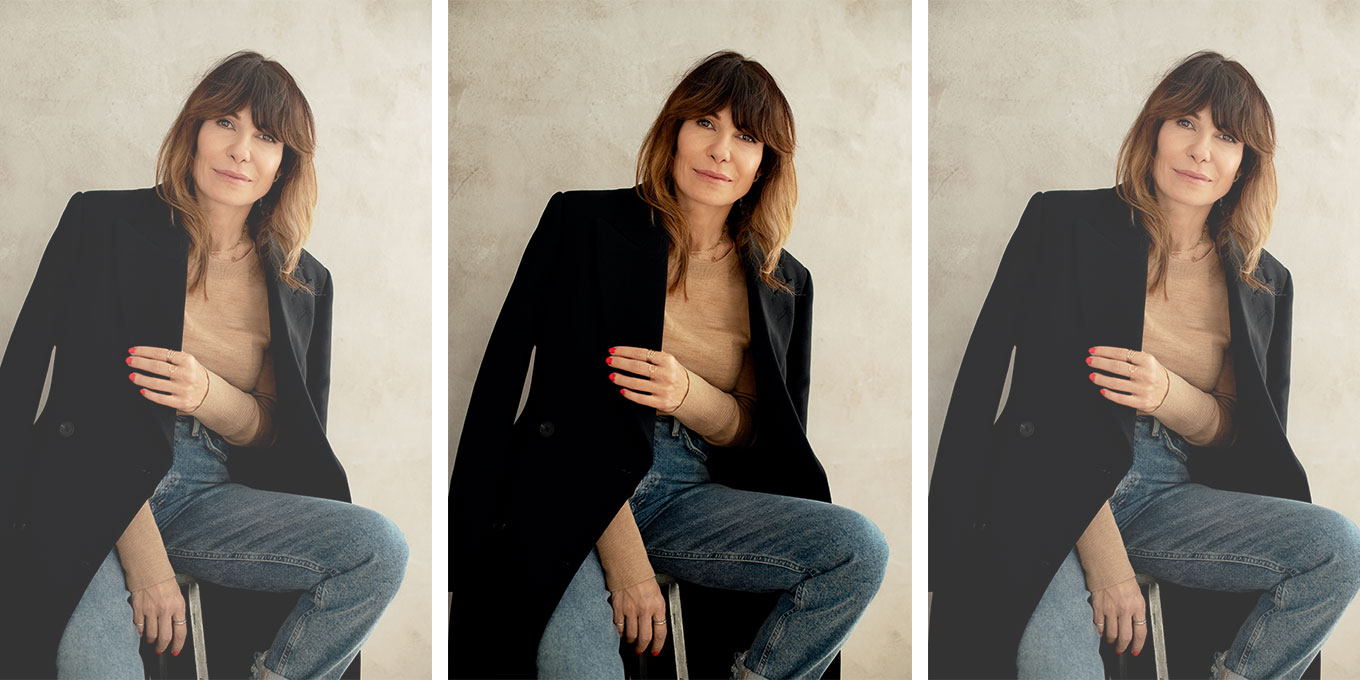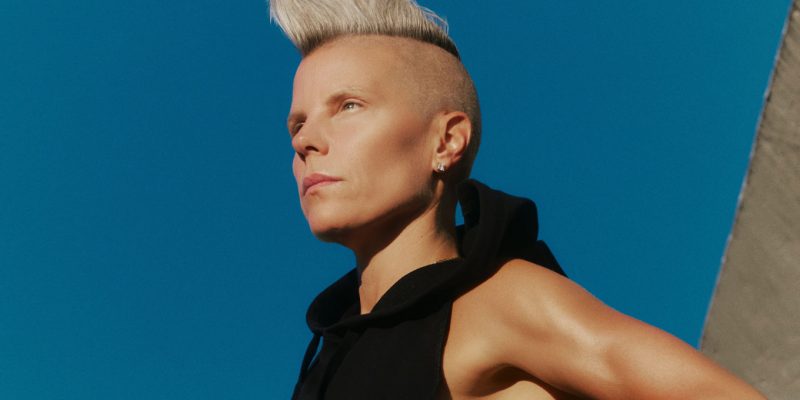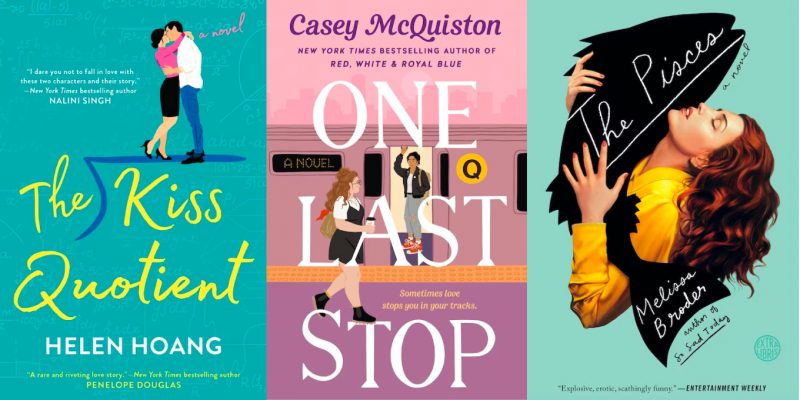Society
A Note From Our Publisher, Sophie Banford
Let's do better.

Andréanne Gauthier
Read Next

Fashion
Are Fashion Brands Getting Greener?
While the fashion industry is making a lot of noise about being more sustainable, a closer look shows that its earth-friendly commitments are often more illusion than reality.

Beauty
What Beauty Packaging Is Actually Sustainable?
We sought out leaders in the field to help us get to the bottom of the blue bin once and for all.

Culture
This University Elevates Women to New Professional Heights
You shouldn’t have to pause your life to move forward in your career.




